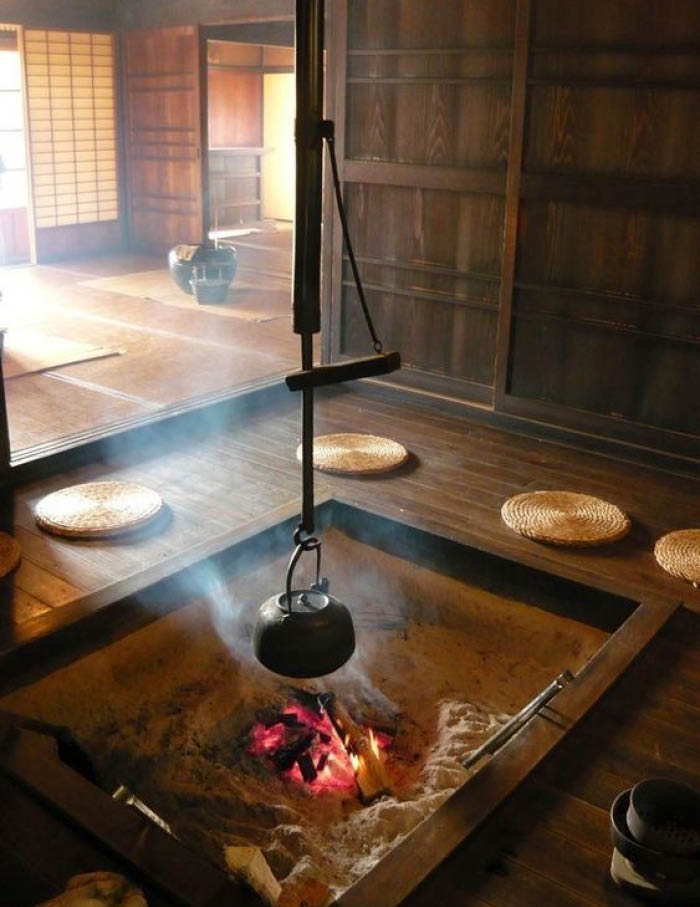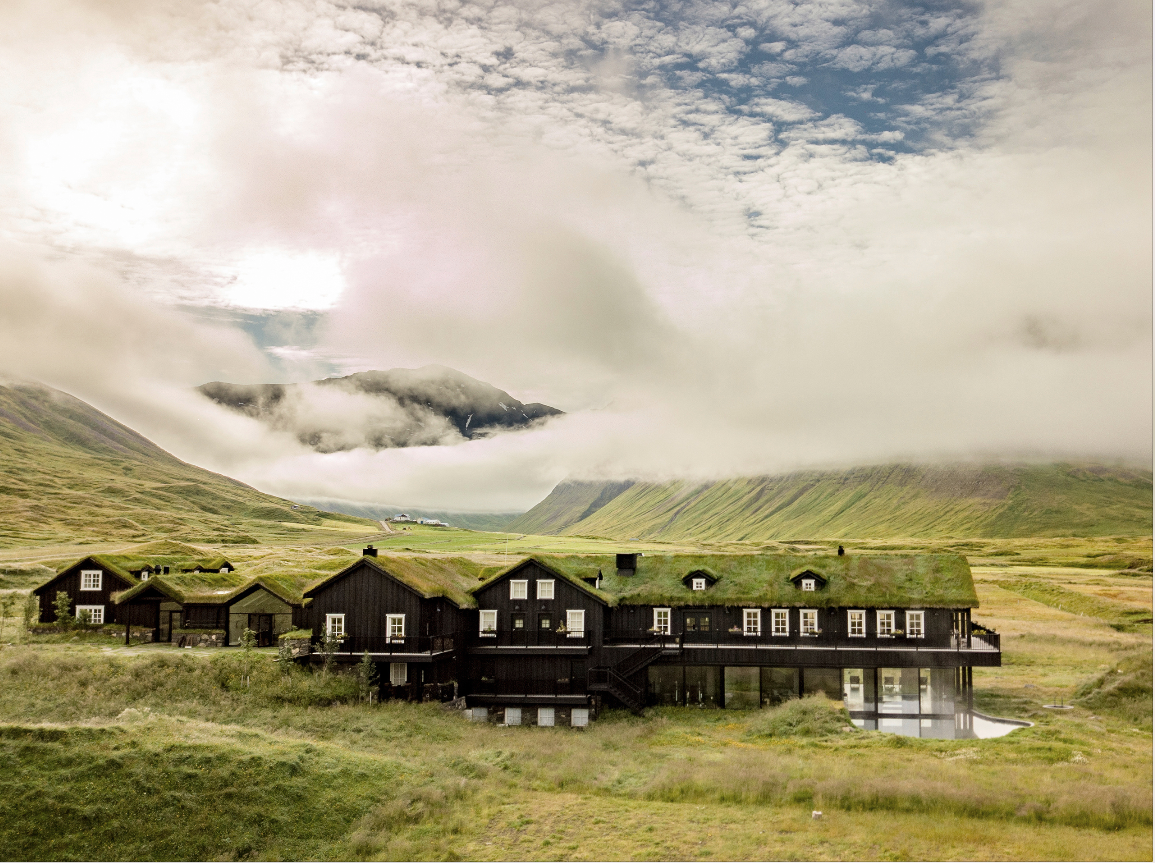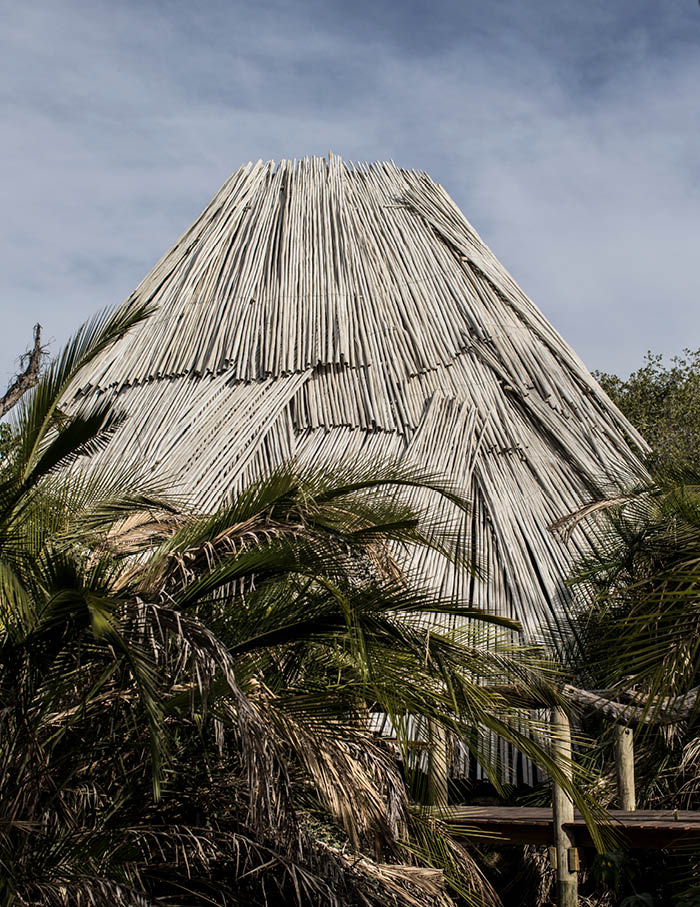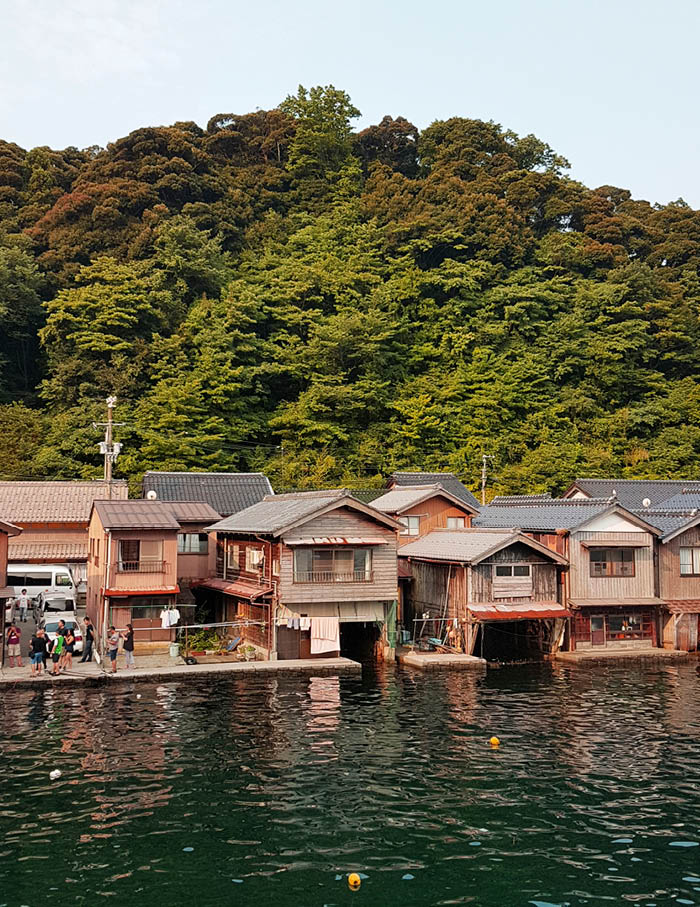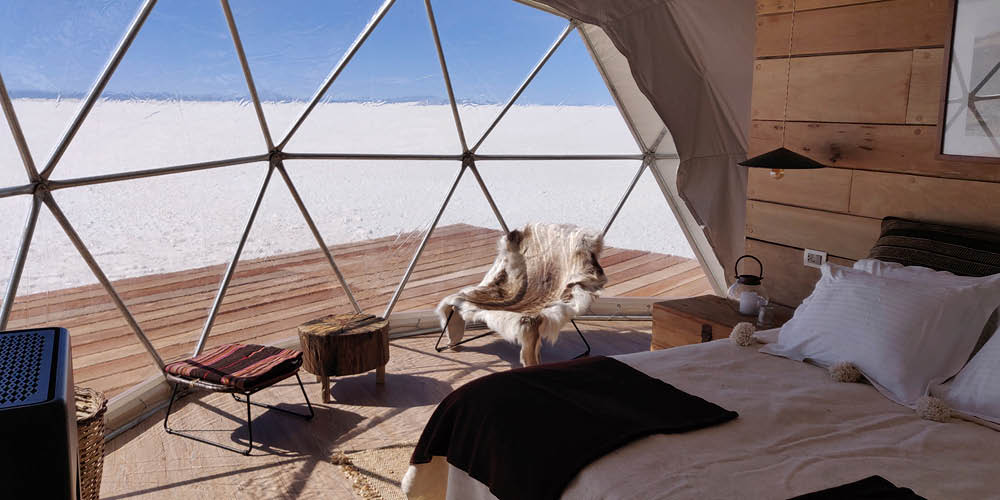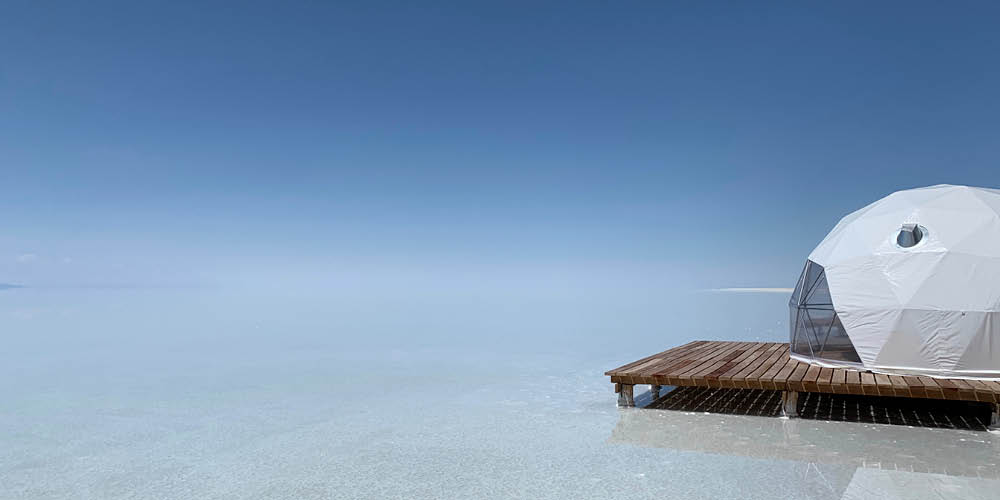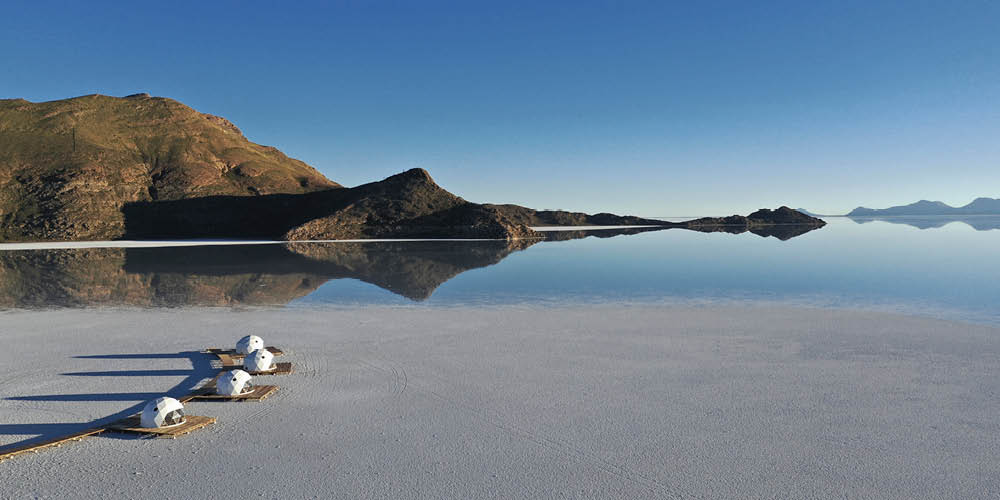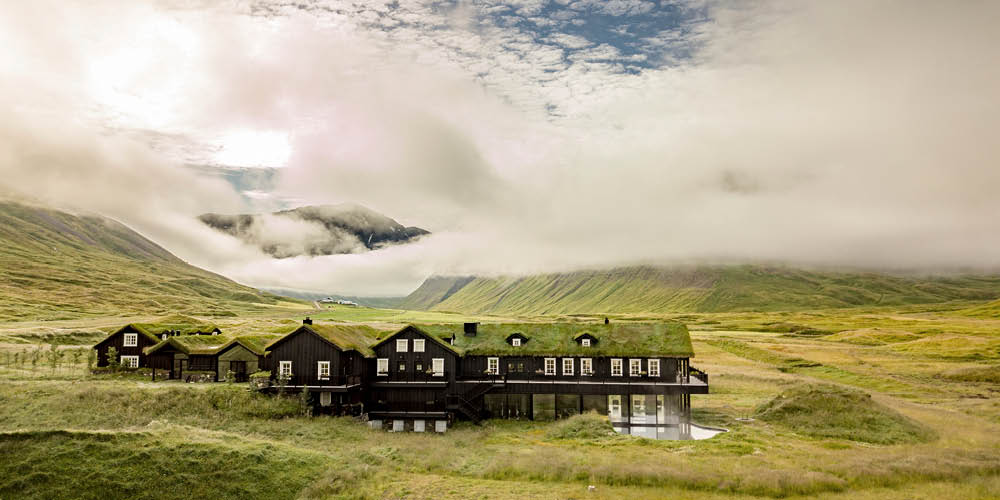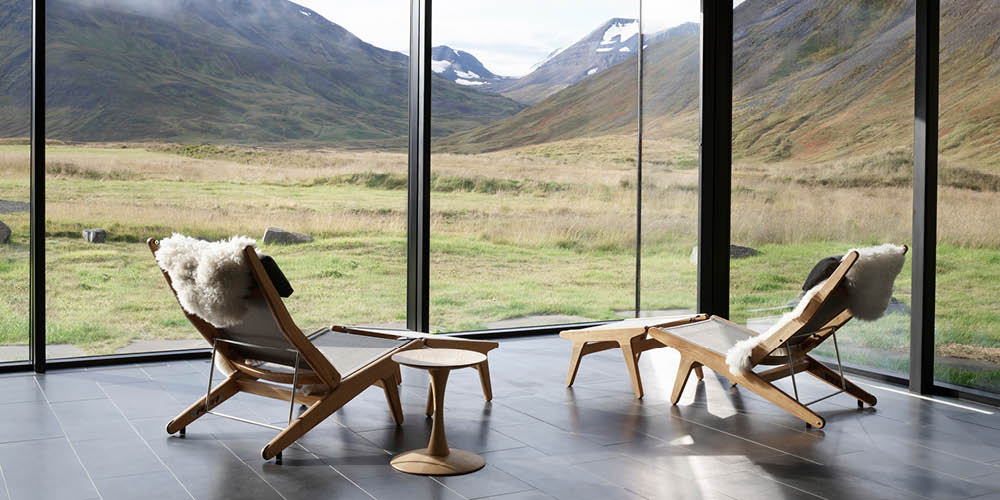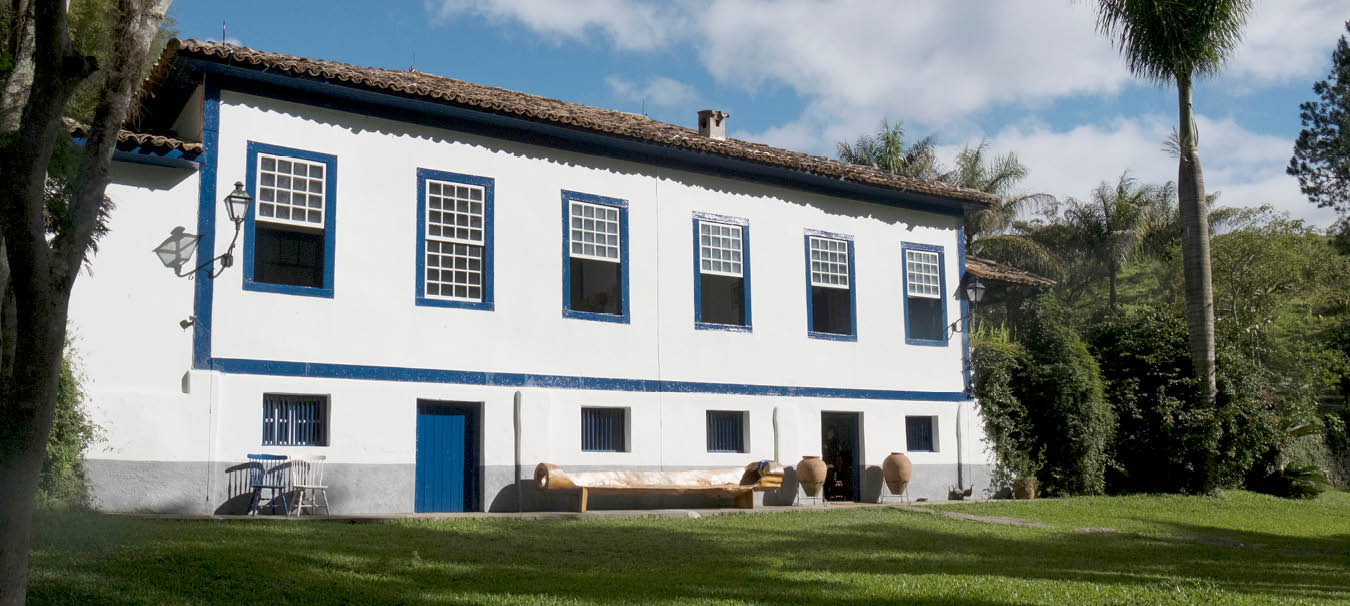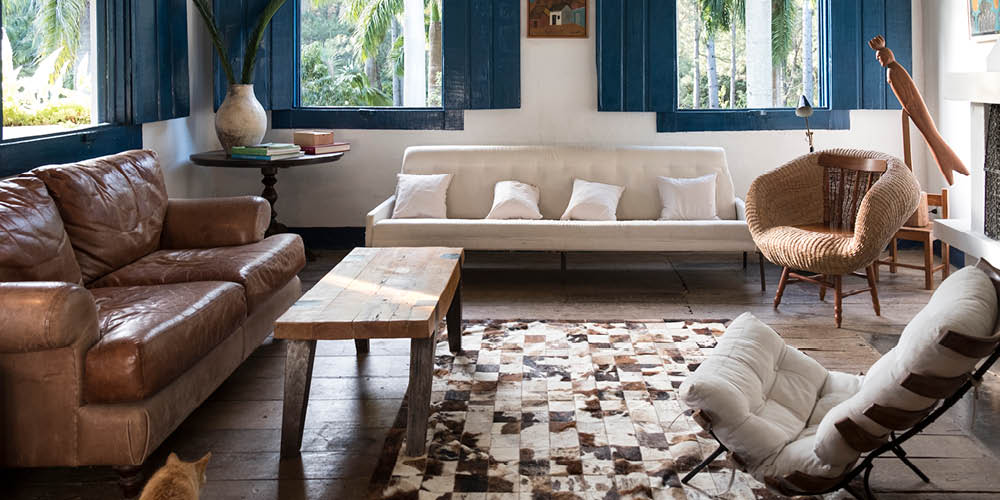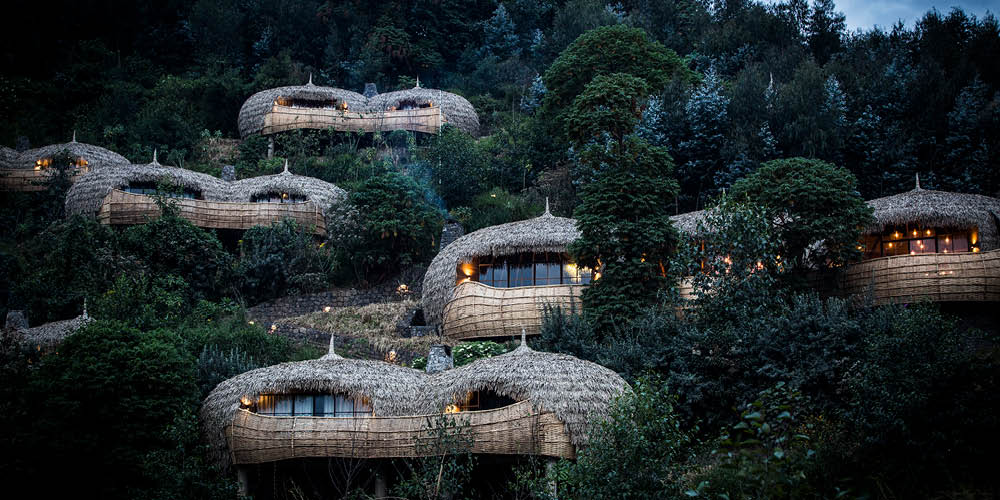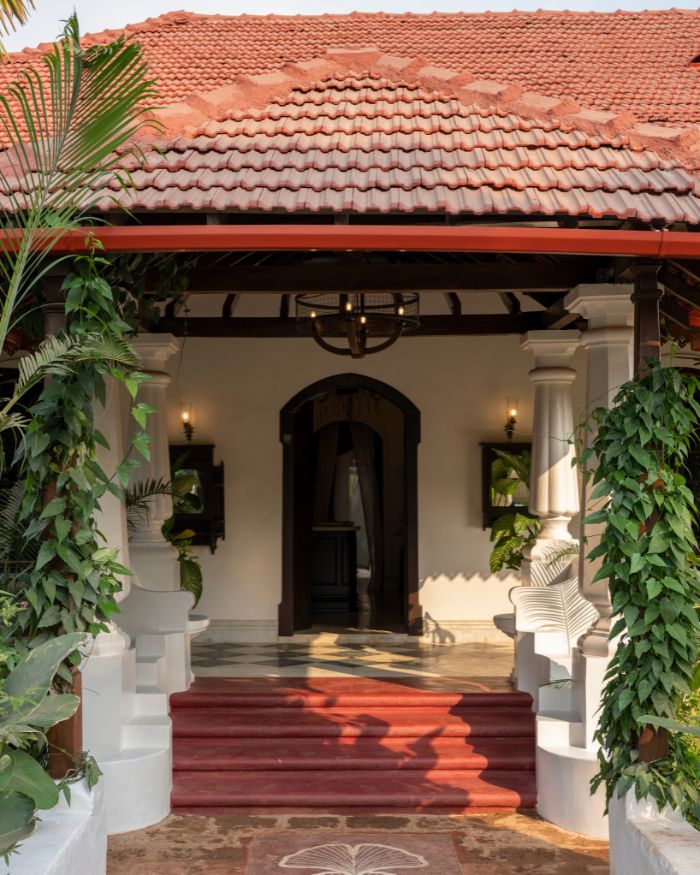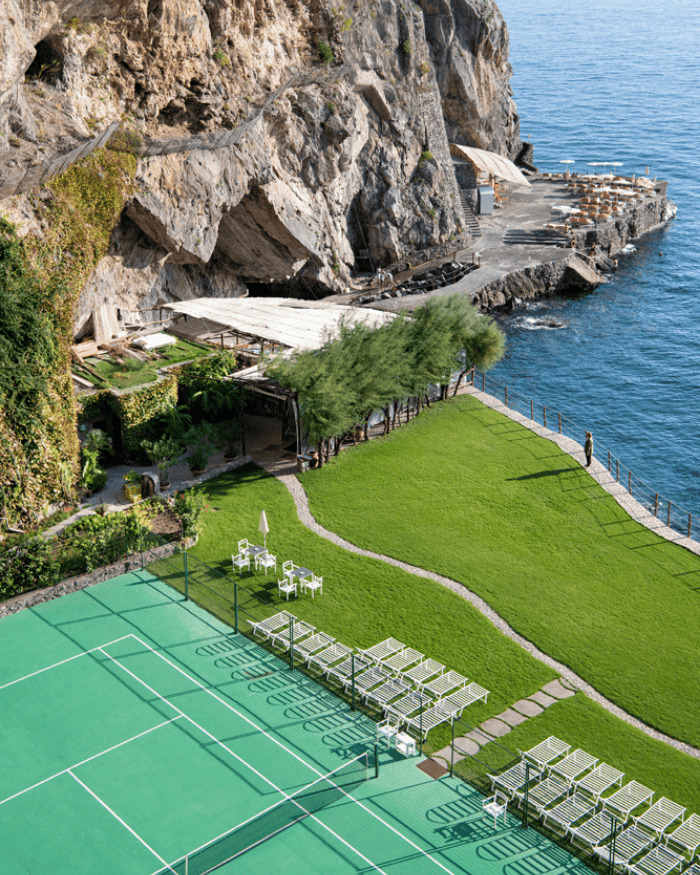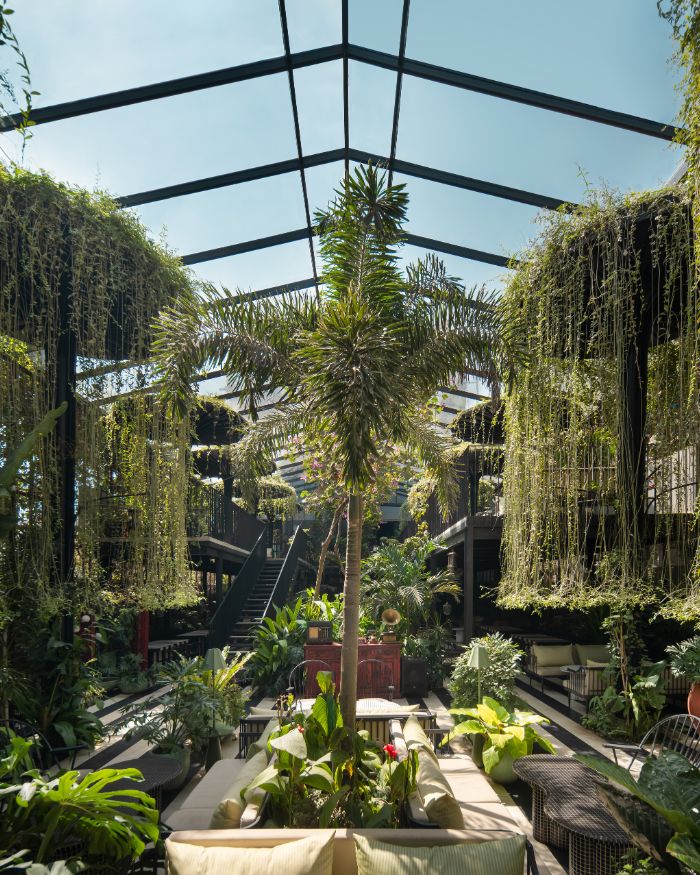Embarking on an adventure is a dream so many share. Yet very few have a clear-cut idea of where they should actually head, seeking getaways that respect the local environment as well as the local culture. A new generation of destinations, however, tick every single box. Looks like it’s time to make a bucket list of eco resorts to visit when all’s well.
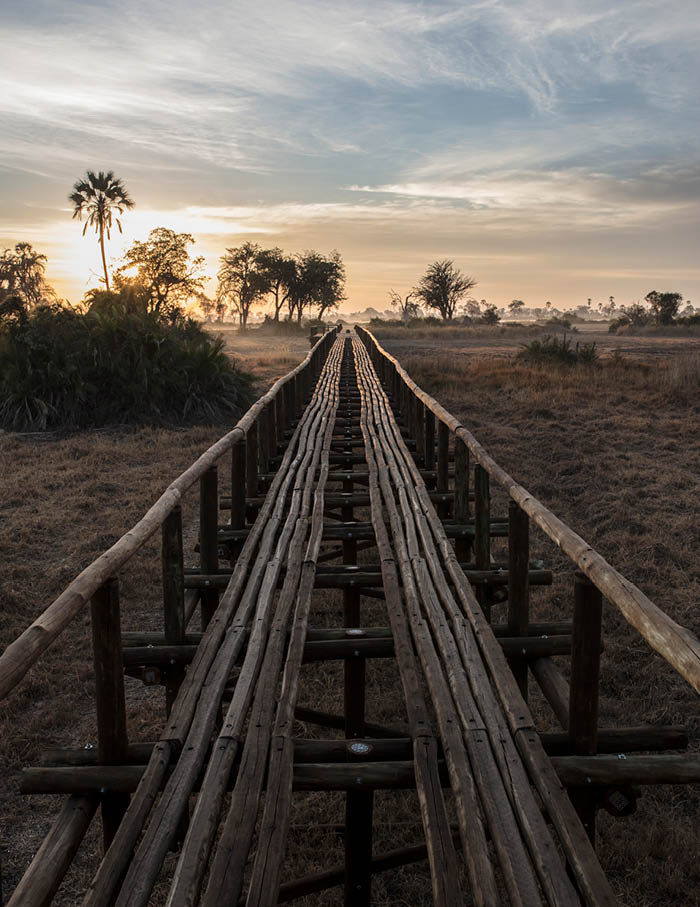
Protecting the world’s natural wonders and most far-flung corners has become absolutely crucial in the age of mass tourism and global warming. Today, a new kind of venue is starting to appear, inspired by visionary hoteliers, local communities and environmentally minded travel operators.
David de Rothschild is one of the people who decided to tread that very path by setting up The Lost Explorer, an agency and brand that is all about exploring the world whilst putting nature and mankind first. “As the world becomes increasingly fast-paced, we’re going to need to spend more and more time slowing down. There is an urgent need to get lost in order to find ourselves, get right back to basics far from our hyper- connected world. The solution to this? Re-wild yourself and feel the full, untamed effects of nature!”, exclaims the banking heir, who uses his fortune to safeguard the natural environment and protect unique destinations.
The ecotourism trend embraces venues making a conscious effort to protect the world’s natural wonders and safeguard local cultures. From luxury camps or safari suites to fully refurbished traditional homes and indigenous ecolodges, each “back-to-nature” option is underpinned by a virtuous set of principles, with each one actively championing eco initiatives to minimise their impact on their immediate surroundings.
Fazenda Catuçaba actively defends Brazil’s biodiversity, Wilderness Safaris protects the animal kingdom from Botswana to Rwanda, whilst both Kachi Lodge and 700 000 heures strive to promote the world’s rich tapestry of ancestral cultural heritage from the Bolivian highlands to Kyoto. Thanks to them, a brand new take on travel has been born. We leave the final word to writer-explorer Sylvain Tesson: “Any traveller worthy of the name is interested in more than just themselves and seeks wonder elsewhere. What’s the point in going away if the only thing you explore is your inner self?”.
BOLIVIA
Kachi Lodge: Perched at 3,658m altitude on the Salar de Uyuni salt flats, Kachi is the first totally eco-friendly lodge to accommodate guests on these never-ending plains that stretch as far as the eye can see. And with good reason – there’s no water or electricity for miles around! The unique (and crazy) concept dreamed up by Paul Kennes and Vincent Raisière, founders of Amazing Escapes, was to create a series of eight domes resembling futuristic bubbles that are solar powered and connected to a Géopure off-grid water management system. Sitting on a wooden platform built with the local community’s help, the lodge is an outstanding feat of technical and human prowess that could only be achieved by working hand-in-hand with the local population. The Bolivian village of Jijira was the inspiration behind the project: as guardians of these sacred lands, the locals were keen to be able to welcome outsiders without tarnishing the age- old landscapes over which it is their duty to keep watch. www.kachilodge.com
ICELAND
Eleven Experience Deplar Farm: Deplar Farm, which was originally an 18th century sheep farm, is hidden away in a secluded spot in the heart of the Troll Peninsula mountains. On being bought and refurbished by American tour operator Eleven Experience in 2017, the complex of traditional wooden houses emerged from their chrysalis as an exclusive luxury lodge, whose classy interiors now flaunt a carefully curated mix of vintage Scandinavian furnishings and Icelandic materials. Eleven Experience also installed a geothermal energy system that has made the complex completely self sufficient, inviting the valley’s other farms to take advantage of it, too. The geothermal swimming pool that sits in front of the lodge allows guests to relax and recharge in direct contact with the Icelandic elements and, if they’re lucky enough, to admire the Northern Lights whilst there. www.elevenexperience.com
BRAZIL
Fazenda Catuçaba: Tucked alongside the Serra do Mar National Park, Fazenda Catuçaba is thoroughly unique. Launched by French-born hotelier Emmanuel Rengade two decades ago, it occupies the site of a former 19th century plantation and extends across 1,730 acres. Keen to encourage guests to reconnect with the land and embrace its sacred essence, Emmanuel Rengade works alongside the local community on a day-to-day basis, inviting artists, farmers, gardeners and chefs to breath life into his venue. The houses, art gallery, workshops, kitchen gardens and excursions into the great outdoors all celebrate human interaction and provide endless opportunities to learn and explore. A breathtaking spot where wellbeing – and well- living – are underpinned by direct contact with nature, reflecting Brazilian culture.
www.catucaba.com; www.wearenature.com
Jao: Having first sprung up in the Okavango delta back in 1999, Jao was one of the very first camps to blend ecology with lifestyle in the heart of a protected nature reserve. Now fully refurbished to the most exacting environmental standards by world-renowned South African architects Silvio Rech and Lesley Carstens, the camp meets the stringent eco-criteria set by operator Wilderness Safaris, who is committed to protecting the animal kingdom right across Southern Africa.
Jao, which is the flagship entity of a 150,000 acre concession, is a truly majestic sight, flaunting thatch-style recycled plastic roofs that blend seamlessly into the natural surroundings. Supportedby a metallic frame – a sustainable solution designed to withstand the extreme conditions – the lodge’s canopy unfurls like two gigantic wings whose structure forms a stunning double-height space. www.wilderness-safaris.com/ our-camps/camps/jao-camp
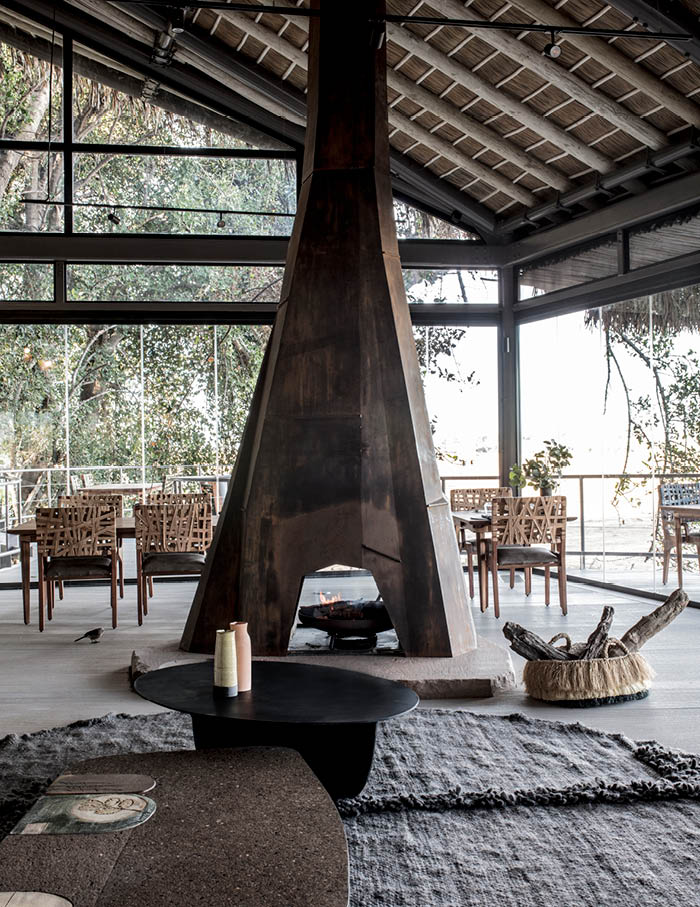
RWANDA
Bisate: Nestled in the heart of a natural amphitheatre created by an eroded volcanic cone, Bisate Lodge provides the perfect base for getting up close to the mountain gorillas in the Virunga National Park, a UNESCO World Heritage site. Comprising a handful of suites supported by stilts and gripping tightly onto the hillside, Bisate promotes the conservation of large primates, is actively involved in local reforestation and helps local communities gain access to drinking water. Each guest is encouraged to spend time interacting with the local villagers and is invited to plant a tree before checking out. The suites offer breathtaking views over the volcanic chain, and everything is crafted from ecological and ethical materials. www.wilderness-safaris.com/our-camps/camps/bisate-lodge
700,000 heures: Named as a nod to the precious time the average human being spends on planet earth, 700,000 heures is the world’s first roving hotel. Embracing all global latitudes, the concept dreamed up by Thierry Teyssier whisks guests off to a brand new destination every six months.
